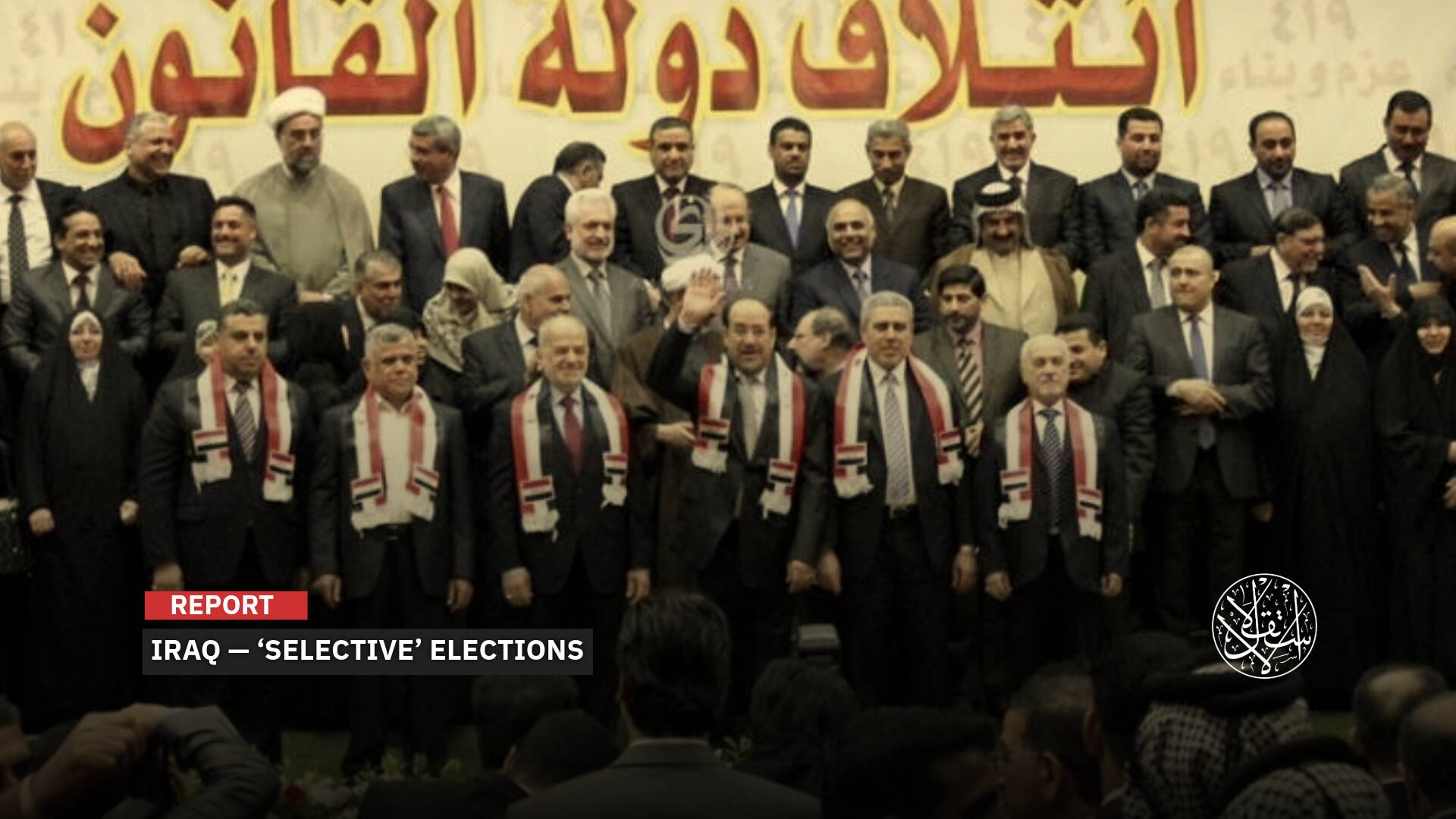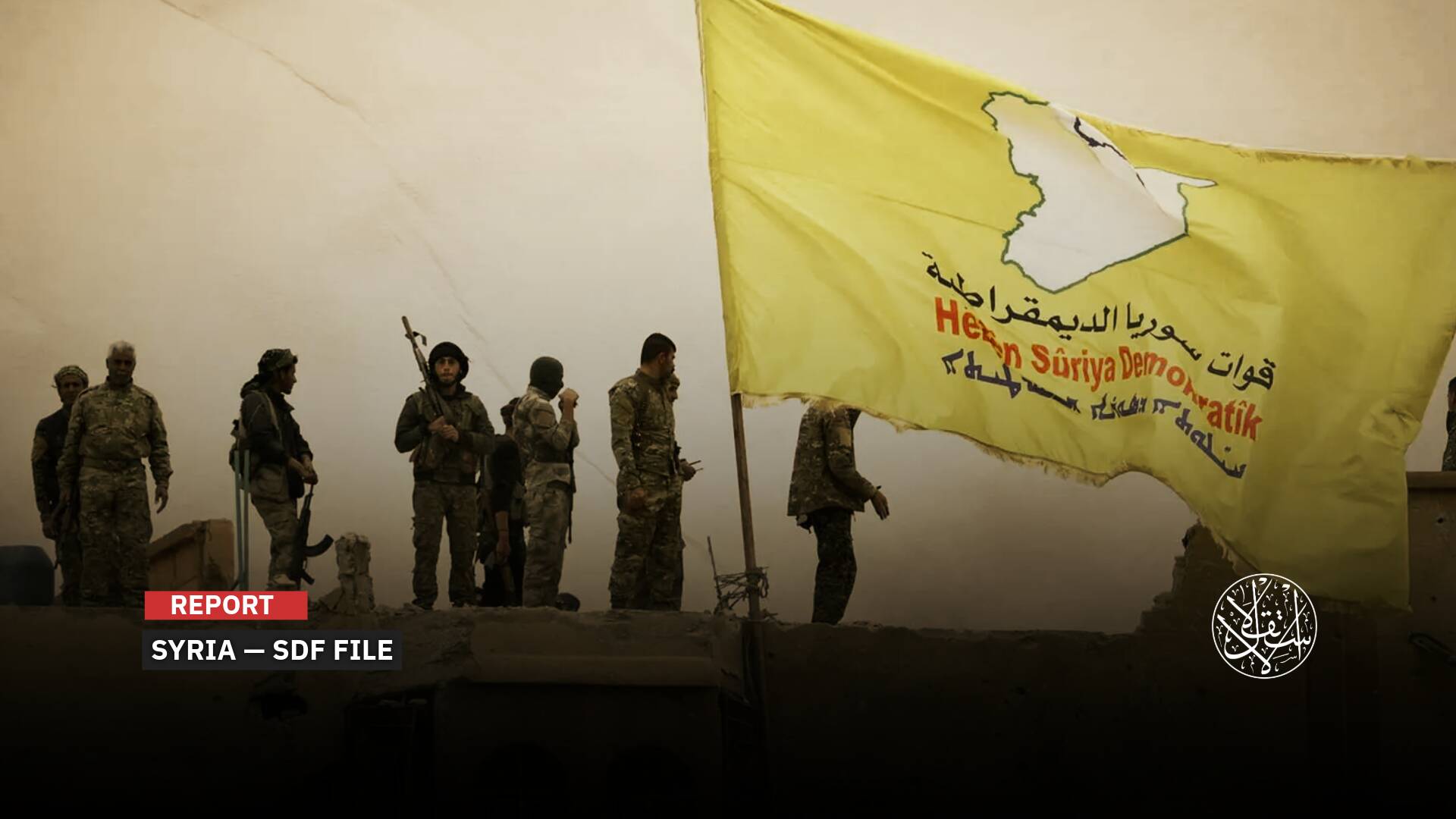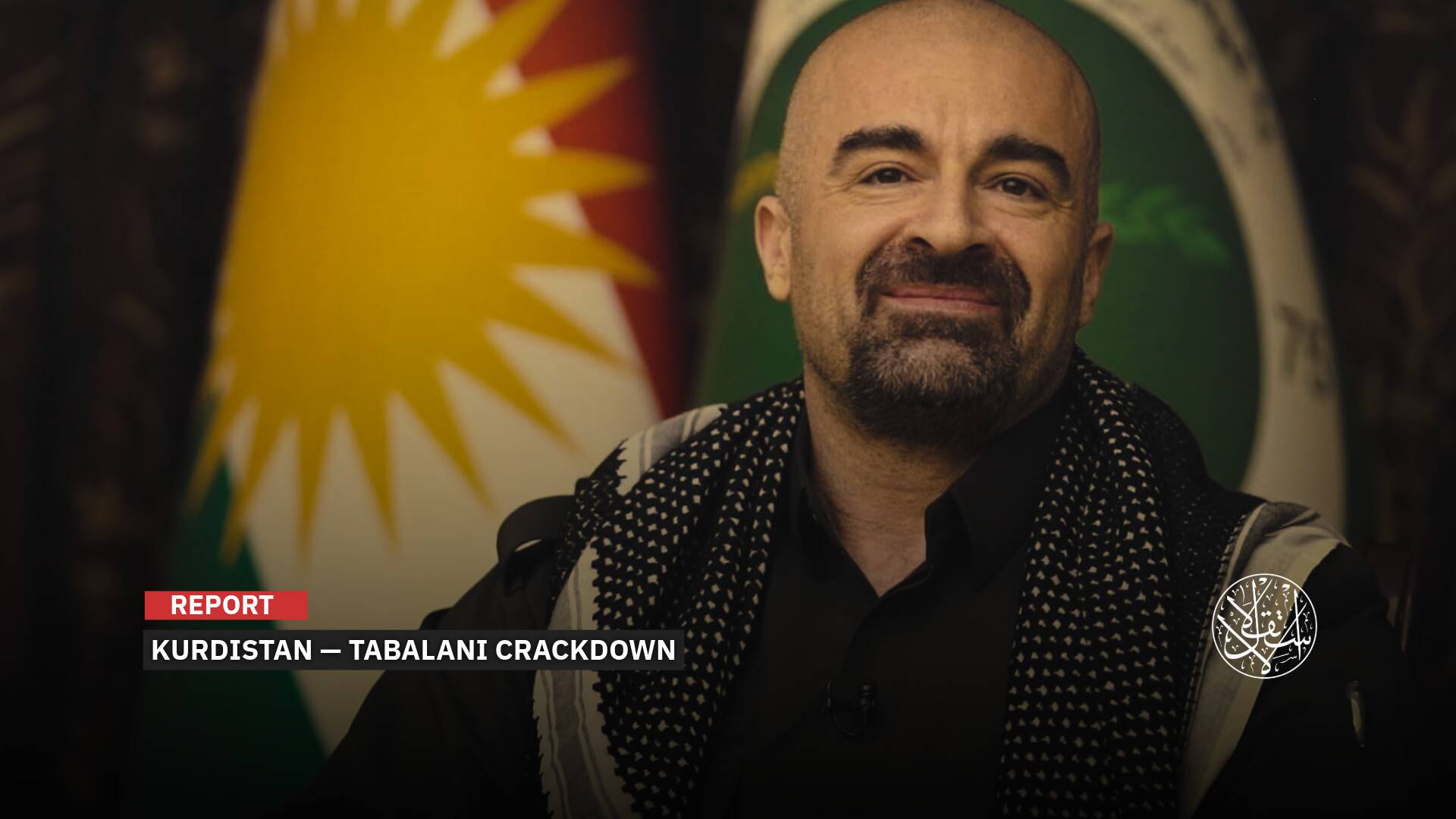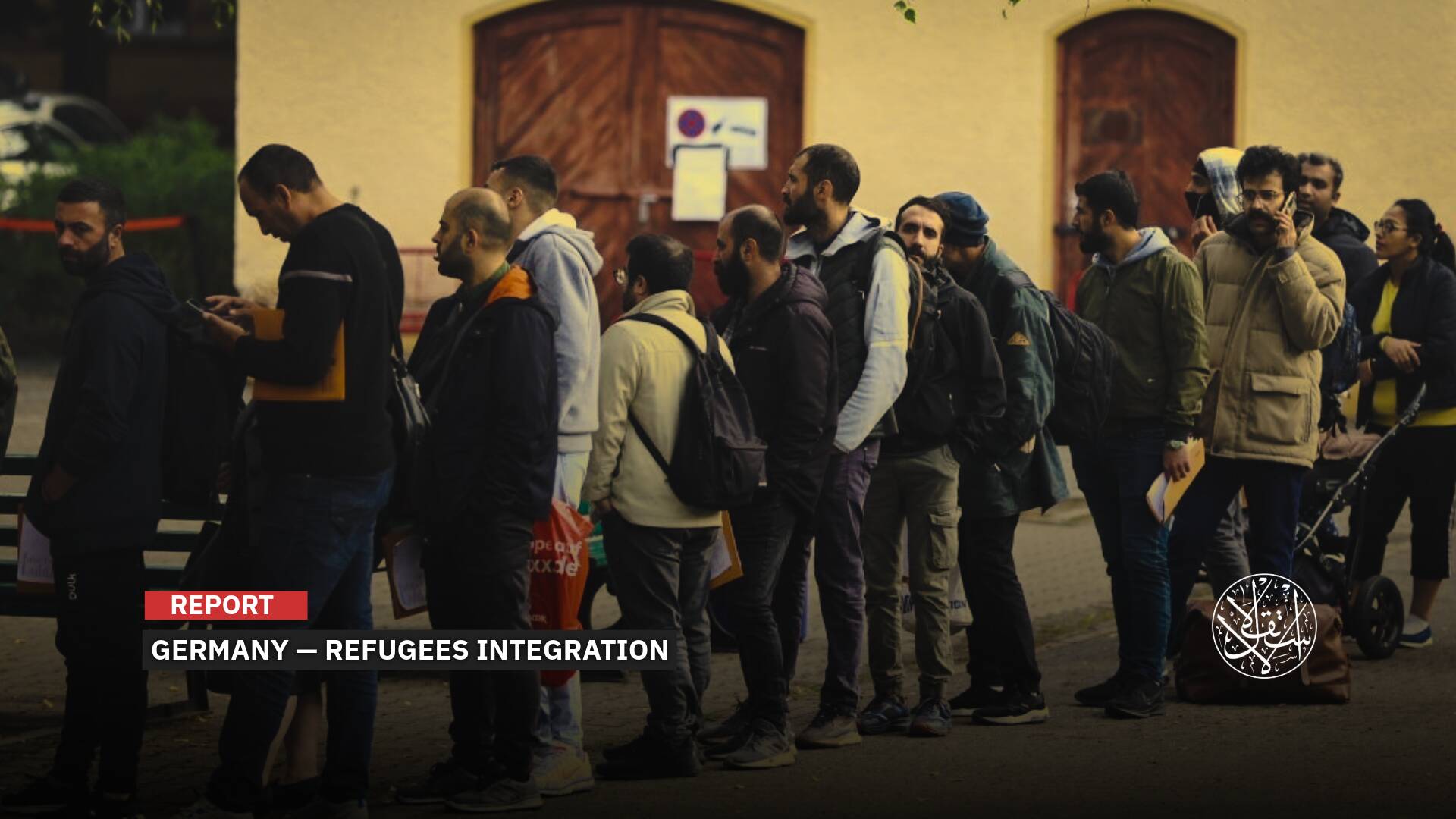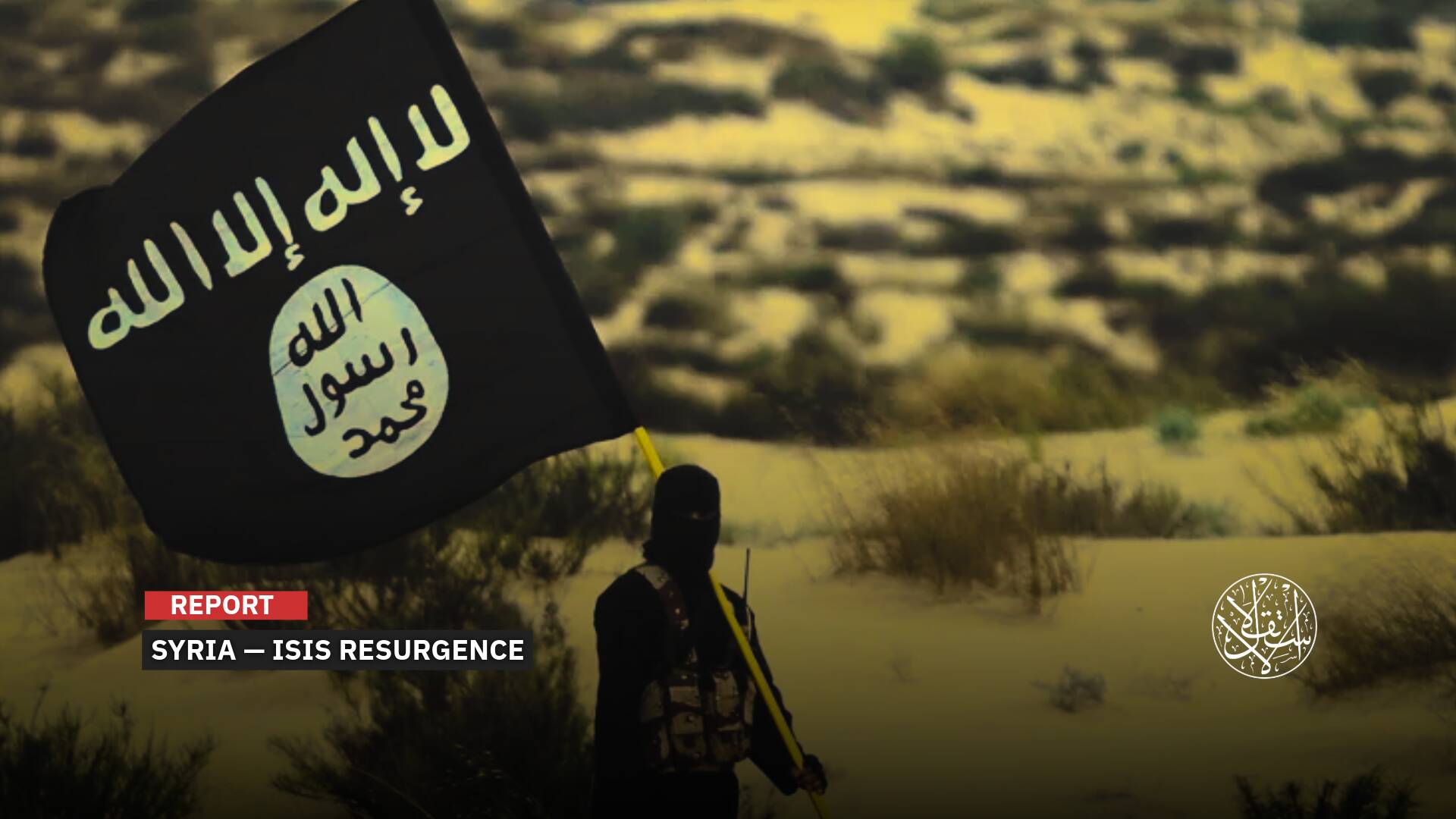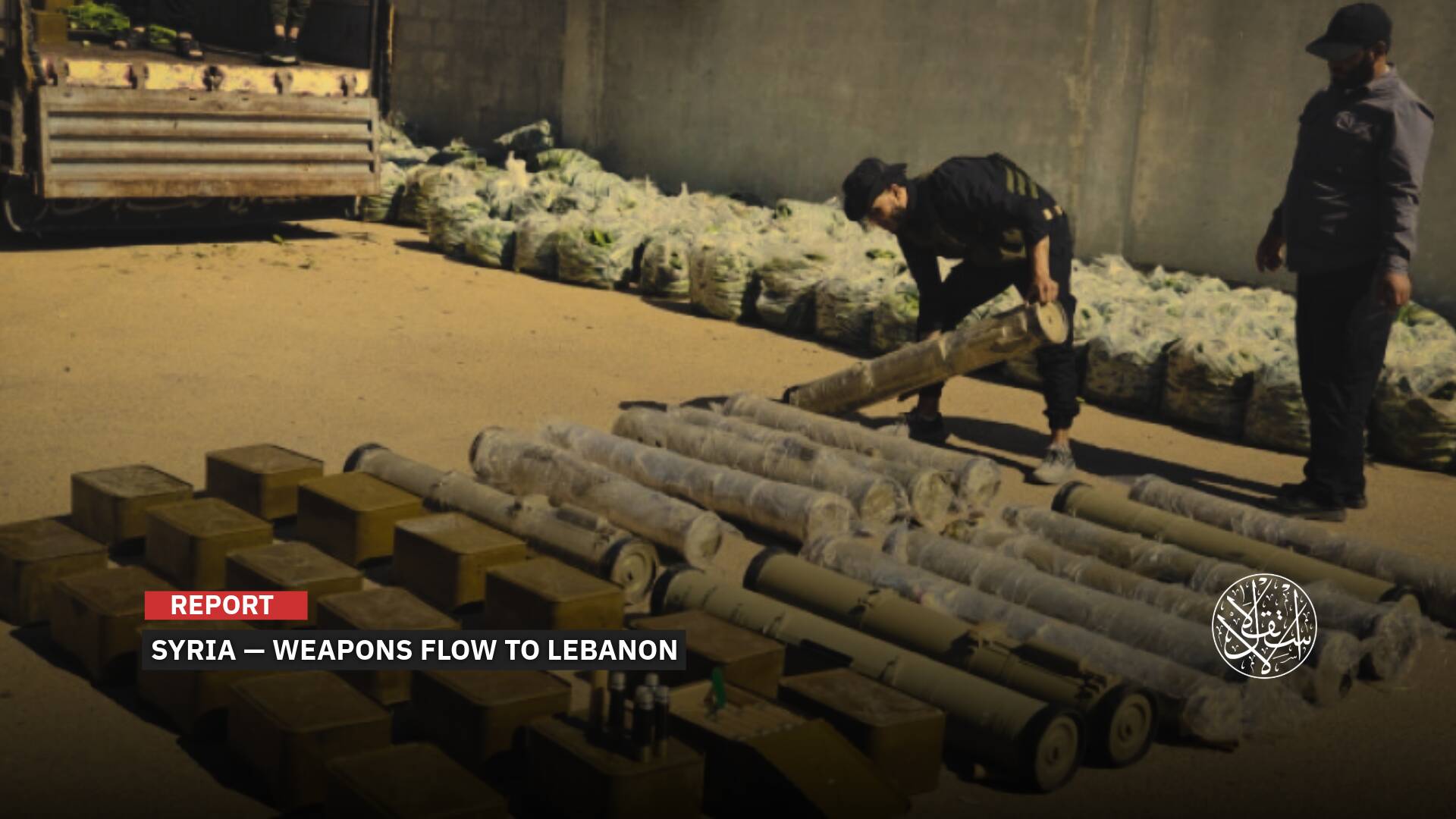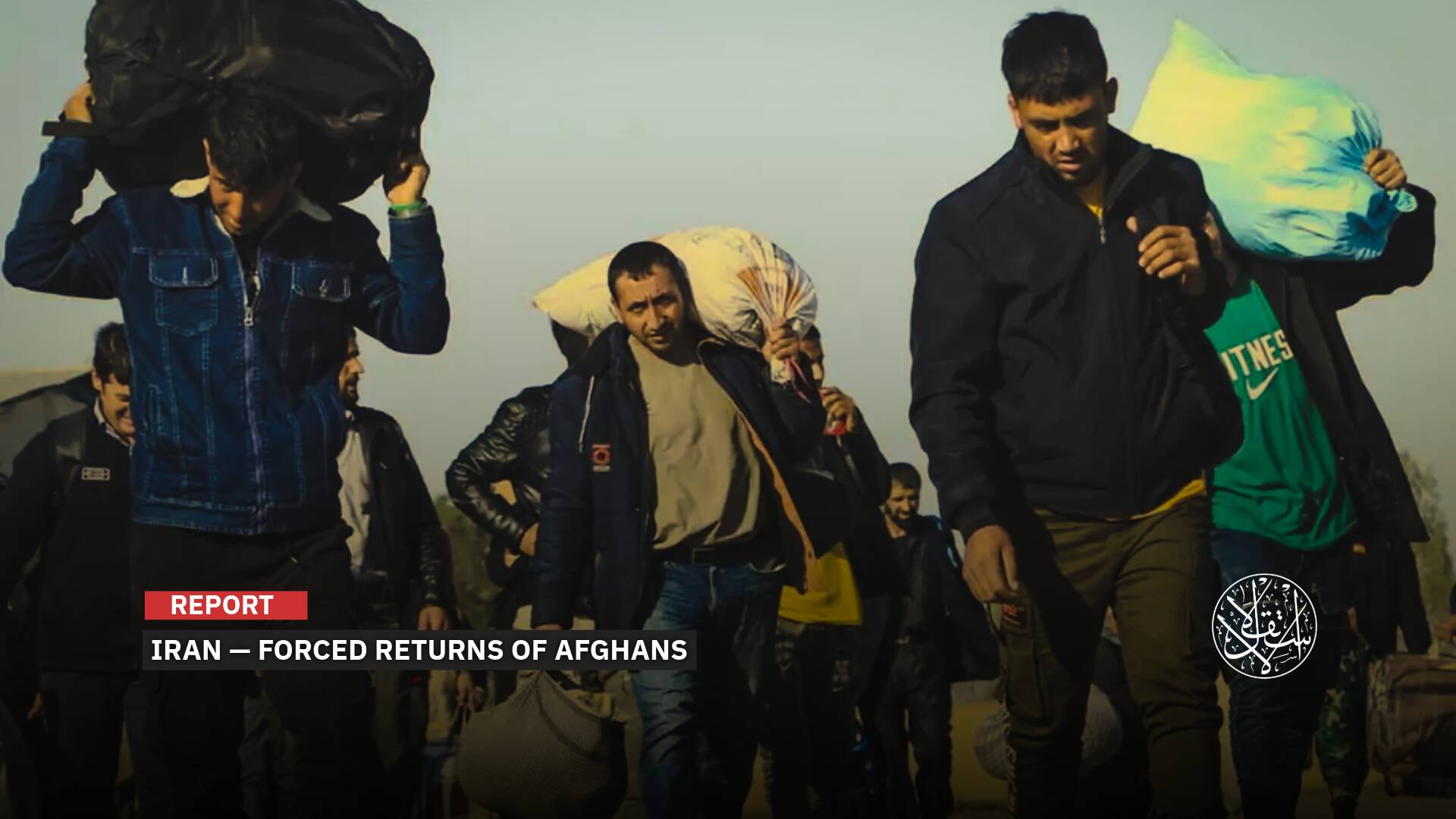Omer Bayraktar: An Iraqi Leader Who Defeated Israel in Jenin, and the Mossad Celebrated His Death

In light of the attacks launched by the Israeli occupation against the Palestinians and the passage of the 73rd anniversary of the Nakba of May 15, 1948, many social media users recalled one of the heroes of the Iraqi army, Major General Omer Ali Bayraktar, who led the battle to liberate Jenin from the Zionists.
Bayraktar, whose death was celebrated by Israel, 26 years after the 1948 Nakba, amid conflicting accounts of the mysterious causes of his death in 1974, one of which pointed the finger at the Mossad, that it was behind his liquidation in retaliation for what the military commander had inflicted on it in Jenin.

Humiliated Israel
The Iraqi military commander portrayed the most amazing acts of heroism and sacrifice when he was assigned the task of defending the Palestinian triangle (Jenin, Nablus, and Tulkarm), where he was able to liberate Jenin, then he ordered his soldiers to go to Haifa and he was close to storming it, but the advance was stopped by an order from his leadership in mid-1948.
Units of the Iraqi army participated in the 1948 war in Palestine and to which the responsibility of controlling the area that includes the Palestinian cities (Jenin, Nablus, Tulkarm, Qalqilya, and Kafr Qasim) was assigned.
The 2ⁿᵈ Regiment participated in this war and fought fierce battles with the Zionist gangs, as those gangs surrounded one of the regiments of the Fourth Brigade in Jenin and its castle, so the Iraqi leadership instructed the 2ⁿᵈ Regiment of the Fifth Brigade, which was led at the time by Lieutenant Colonel Bayraktar, to rush to their rescue, so he hastened to complete the preparations for the attack, thirsty to fight.
The military commander performed the Fajr “dawn” prayer leading the congregation in his regiment, and after completing the prayer, he shouted at the loudest of his voice “supreme 2ⁿᵈ Regiment,” then called in the name of God many times, and the soldiers and officers’ throats chanted in one loud voice “God is Great.” The fighters’ morale rose to their highest levels, and Bayraktar advanced the ranks like a lion, exploding their enthusiasm, like an erupting volcano that spewed its fiery lava, the ranks marched.

The fighters moved to the front, racing their leader and swooping down on their enemies until their gathering was dispersed and their bodies were scattered on the ground surrounding the Jenin Castle.
The combat regiment led by Bayraktar broke the cordon and the Zionist forces fled, leaving more than 300 of their bodies on the battlefield, and a lot of equipment and weapons to be seized by the 2ⁿᵈ Regiment.
After his great success, the Iraqi military commander rushed towards the city of Haifa, but strict orders were issued to him to stop and not continue to advance deep into the Palestinian territories, for the excuse of waiting for the integration of the Iraqi army. The Battle of Jenin kept the city under Jordanian rule until Israel occupied it again in 1967.
Reports indicate that when the truce was concluded and he was instructed by the leadership to exchange the bodies of the dead, among the Israeli bodies was a body belonging to the daughter of the Israeli Prime Minister and founder of Israel David Ben-Gurion.
Bayraktar sent someone to tell Ben-Gurion that he would deliver all the bodies except for his daughter’s, and this would only be done with two conditions, namely, first: that Ben-Gurion personally comes and receives the corpse after he bends before him, and second: that the Israeli forces withdraw 12 kilometres from Jenin, and indeed, these two conditions have been fulfilled.
From right (First-Lieutenant Abdulrahman Abdullah, Chief Rasheed Saeed, Lieutenant-Colonel Omer Ali, Chief Badr Aldeen Ali, First-Lieutenant Khudur Mohammad, First-Lieutenant Mohammad Yahya Alsaigh)
Rejected the Coup
Bayraktar led sectors of the Iraqi army to end the rebellion of the Kurdish leader Mustafa Barzani in northern Iraq, and participated in the elimination of the second Barzan rebellion after his participation in the Palestine War in 1948.
He became a commander of the Military College, then he was raised to the rank of Brigadier General, and he was entrusted with the position of the acting administrator of the Sulaymaniyah Brigade (governor). After his great achievements in Sulaymaniyah, he was offered responsibility for one of the governorates of Mosul or Basra, but he preferred to return to serve in the army.
Decision was issued to appoint him as commander of the 1st Infantry Division, which was based in the city of Diwaniyah, after his promotion to the rank of Major General at the beginning of 1957 until the July 1958 Iraqi coup d'état against the monarchy.
At 6 a.m. on July 14, 1958, the commander of the 1st Division, Major General Bayraktar, heard the news of a coup/ revolution from Baghdad Radio in the voice of Colonel Abdul Salam Arif.
Bayraktar instructed the commander of the 1st Brigade, one of his Division formations in Al-Musayyib camp, south of Baghdad, to implement the Baghdad security plan, but the control of the officers associated with the Free Officers (coup perpetrators) over the Brigade’s headquarters and the arrest of its commander, Brigadier General Rafiq Aref, prevented that.
On the evening of July 14, 1958, Commander Omer Ali Bayraktar bade farewell to the employees of his division units in the city of Diwaniyah and left at dawn the next day, heading to Baghdad, where he came to the Ministry of Defense building, the headquarters of the Prime Minister, and met with the leaders of the coup/ revolution, Brigadier General Abd Al-Karim Qasim and Colonel Abdul Salam Arif.
Bayraktar justified his position on the coup/ revolution that he is a division leader who bears responsibility for the internal and external security of the southern provinces of Iraq and has no prior knowledge of this revolution and its true intentions, and as a result he was arrested and referred to the Special Military Court on charges of plotting against the revolution and trying to undermine it in its cradle.
His trial, which began on February 7, 1959, continued until April 6, 1959, and he was sentenced to death, but in March 1960, Prime Minister Abd Al-Karim Qasim issued a decree commuting his sentence to 7 years in prison, and in September 1961 the prison sentence was commuted to 5 years.
Commander Omer Ali Bayraktar remained in prison until Republican Decree No. (647) was issued on July 19, 1964 to release him.
On April 23, 1969, the conspiracy charge and the penalty of expulsion from the army were lifted, and he was reinstated.
After his release, retired Major General Bayraktar lived what was left of his life in his hometown, the city of Kirkuk, north of the capital, Baghdad, away from public life and did not engage in any other activity.
A Mysterious Death
The military commander died in September 1974 upon his return from the Lebanese capital Beirut to Baghdad, as a result of a car accident (collision/ overturn) that he was traveling in near the city of Rutbah in the Anbar governorate in western Iraq.
But the causes of the accident had two narratives, the first being that he was subjected to an assassination operation on the highway by members of the regime of the late President Saddam Hussein, and the other mentioned that elements of the Israeli Mossad liquidated him in retaliation.

At the same time, reports indicate that there is nothing wrong with the relationship between Bayraktar and the Ba’ath Party regime. On the contrary, it was good because “he did not engage in any suspicious or hostile activity and did not pose a threat to the regime that would justify his liquidation.”
As for the second narrative about linking the Mossad to his death, no one confirmed it nor denied it, but the Israelis rejoiced with his death despite the passage of 26 years since the Jenin War that afflicted and humiliated the Zionists.
Omer Ali Bayraktar was born in 1910 in the Kirkuk citadel, and completed his primary and secondary studies there, and entered the Royal Military School in Baghdad in 1928 as part of its fifth session and graduated with the rank of lieutenant in 1931 and was attributed as a platoon commander in the Musa Al-Kadhim 1st Regiment.
He was promoted to the rank of first lieutenant in 1935 and transferred as a teacher to the School of Light Weapons in Baghdad, from which he transferred to the Military School in 1936 and remained there until he joined the Staff School in its fifth session after he was promoted to the rank of Captain in 1938 and graduated from it at the end of December 1939 and succeeded with great distinction and were given excellency honorific for two years, and was appointed lieutenant colonel of the 14th Brigade.
The military commander continued to occupy various positions in the army units, as he was promoted to the rank of lieutenant colonel in October 1944 and his regiment occupied the highest peak of Mount Peres in 1945 and was called the “Supreme 2ⁿᵈ Regiment” and participated in putting down the movements of northern Iraq until the end of 1947.
On 28 August 2019, Palestinian Authority President Mahmoud Abbas and Palestinian Prime Minister Mohammad Shtayyeh received the family of the commander of the Battle of Jenin in the 1948 War, Major General Omer Ali Bayraktar.
Abbas awarded the late commander of the Iraqi forces in Palestine, Bayraktar, the Palestine Star Military Medal in reception of the commander’s two sons, Baghdad’s ambassador to the Czechs Sundus Omer, and her brother Breez, at his residence in the Jordanian capital Amman.
The awarding of the Palestine Star Military Medal, to the late Bayraktar, comes in recognition of the struggle and heroism that he embodied for the sake of Palestine, and in appreciation for his steadfastness and his resistance to the invading forces on the outskirts of Jenin, which made his heroics and the gravestones of his comrades from the martyrs of the Iraqi soldiers immortal on the land of Palestine.
In their turn, the Bayraktar siblings expressed their happiness at visiting Palestine, in which their father fought for and for which the bodies of the Iraqi martyrs were embraced on its soil, stressing that “the cause of Palestine was and is still the cause of Iraqis.”


